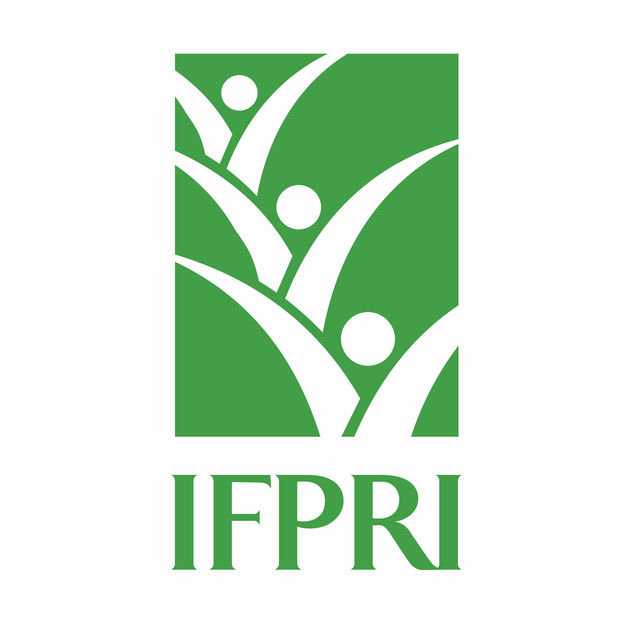Learning Support for a Multi-Country Climate Resilience Programme for Food Security
Event
IFPRI Policy Seminar
Learning Support for a Multi-Country Climate Resilience Programme for Food Security
Organized by CGIAR with support from World Food Programme (WFP) and The Norwegian Agency for Development Cooperation (Norad)
November 5, 2024
The Learning Support for a Sub-Saharan Africa Multi-Country Climate Resilience Program for Food Security, launched in 2023, aims to enhance food security and climate resilience across 14 African countries. This collaboration among CGIAR, the World Food Programme, and the Norwegian Agency for Development Cooperation (Norad) has three pillars: scaling disaster risk financing, transforming food systems with sustainable school meals and clean cooking, and supporting smallholder farmers. This work leverages CGIAR’s extensive experience in strategic program support, impact evaluations, and knowledge product development, and integrates the CGIAR’s Fragility, Conflict, and Migration (FCM) and Seed Equal initiatives. Ongoing efforts include strategic reviews, resilience assessments, and evaluations of WFP’s nutritional and crisis resilience interventions.
The event aims to disseminate research findings and showcase the partnership’s significant contributions to food security and climate resilience. Speakers from CGIAR, WFP, and Norad will present an overview of the program and highlights of research projects and findings, followed by a panel discussion by experts from several African countries.
Introduction and Opening Remarks
Johan Swinnen, Director General, IFPRI; Managing Director, Systems Transformation, CGIAR
Arif Husain, Chief Economist and Director of Analysis, Planning and Performance, United Nations World Food Programme (WFP)
Daniel van Gilst, Senior Agriculture Adviser, The Norwegian Agency for Development Cooperation (Norad)
An Overview of the CGIAR-WFP Activities Funded by Norway
Daniel Gilligan, Director, Poverty, Gender, and Inclusion (PGI), IFPRI
Highlights of Selected Research Projects and Findings
Jessica Leight, Senior Research Fellow, IFPRI
Alan de Brauw, Senior Research Fellow, IFPRI
Peter Läderach, Program Leader, Co-lead CGIAR Climate Security / Principal Climate Scientist, Alliance of Bioversity and CIAT (ABC)
Wolde Mekuria, Senior Researcher, International Water Management Institute (IWMI)
Panel Discussion
Moderated by: Sandra Ruckstuhl, Senior Researcher, International Water Management Institute (IWMI)
David Kamau, Programme Officer, World Food Programme (WFP), Kenya
Lynett Ochuma, Ministry of Labor and Social Protection, Kenya
Christian Grassini, World Food Programme (WFP), Mozambique
Serene Philip, Social Protection Specialist, World Food Programme (WFP), Somalia
Adeyinka Jacob Timothy, Vulnerability Analysis and Mapping Officer, World Food Programme (WFP), Nigeria
Closing Remarks
Katrina Kosec, Senior Research Fellow, IFPRI
Moderator
Mulugeta Bayeh, Web Communications Manager, IFPRI
Links:
More about this Event: https://www.ifpri.org/event/learning-support-for-a-multi-country-climate-resilience-programme-for-food-security/
Subscribe IFPRI Insights newsletter and event announcements at www.ifpri.org/content/newsletter-subscription
4 November 2024, 12:00 am
